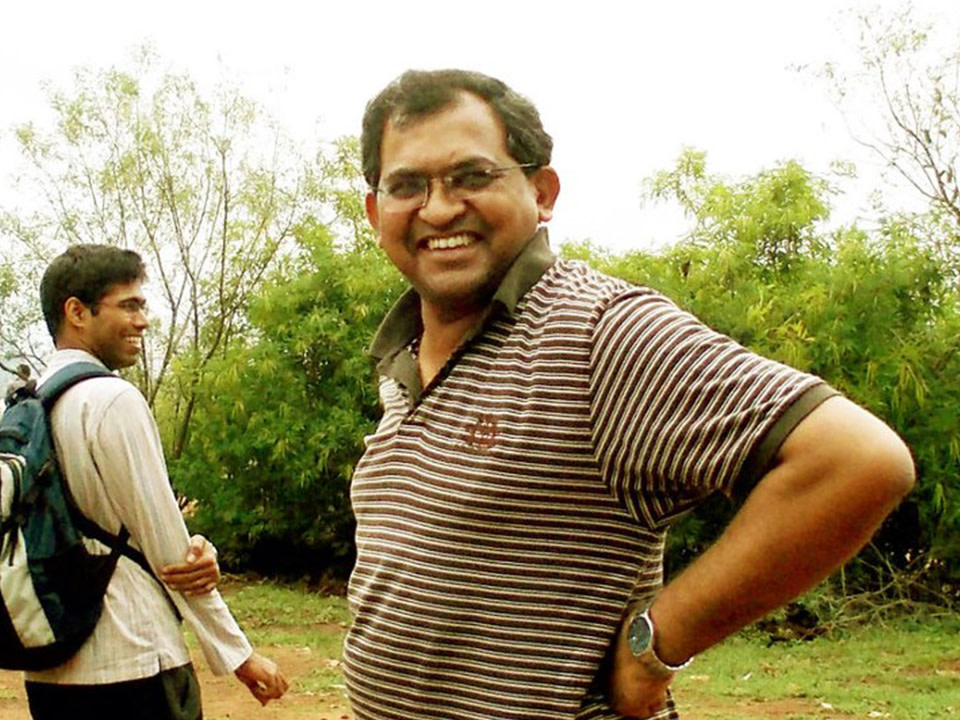 Listen to this article
•
15:34 min
Listen to this article
•
15:34 min
Lately, Bengaluru’s lakes have been in the news for all the wrong reasons. Most of us have seen clips of Bellandur Lake frothing like a washing machine mid-cycle. Other water bodies in the city aren’t doing much better either. An article in the Hindu (in May 2018) reports that, “From Bellandur to Hebbal, 17 lakes and tanks in the city have been categorised as critically-polluted with Chemical Oxygen Demand (COD) levels topping 250 micrograms per litre.”Pollution is one problem. The other is that the lakes are simply drying up.
Environmental activist Leo Saldanha believes that the problem begins with us looking at each lake in isolation when, in reality, they form a chain that is part of a larger water catchment system spread over the Deccan Plateau. Break the chain, and you’re bound to have a problem. “Look at older maps of Bengaluru and Karnataka from the 1700s and 1900s,” he explains in a YouTube video, “and you will see that almost every natural depression in the topography has been used for water containment.” Lakes and tanks have been used by human beings for centuries and centuries. What we have forgotten is that a lake is more than the water it contains, it is an ecosystem that encompasses bird, animal and microbial life, a web that has evolved over millennia to ensure the sustainability of the habitat and its inhabitants.
A keen campaigner since he was in college, when he isn’t fighting a case or staging a protest, Leo spends time with his mentor: Nature.

HERE, HE TALKS ABOUT HIS INSPIRATIONS, EXPERIENCES, AND WHAT LAKES, IN PARTICULAR, HAVE TAUGHT HIM.
Early Experiences
“As a student, I was very active in the bird-watching community. It was started by Dr. Joseph George, a grand guiding force. Did you know that some of the best ornithologists in India are from Bengaluru? We went out to lakes to spot birds on our cycles, sometimes car-pooling, with one pair of binoculars and one bird book. Funnily enough, I studied both feathered and non-feathered bipeds [a.k.a. humans] during these outings. We stayed back in villages when we went far from the city, and I realised that villagers are the most generous people.”
Lakes, Birds, People
“What you need to know about lakes is that they’re not exclusive ecosystems by themselves. There’s this whole concept of “nature far from humans,” but this is not true. We’re also part of this “nature” –almost all the lakes in South India were built by people. We have helped nature along this way.”
“So much effort has gone into building these wetland ecosystems. Fish and water creatures went in, and water fowl began to visit them. Birds fly hundreds of kilometres, as they’ve been doing for thousands of years, in hopes of finding water. Bird-watching made me realise the amazing, intricate relationship humans have with natural ecosystems, and how we can be a part of building it.
Where the Environment Found Supporters
Mr. Saldanha started the NGO Environment Support Group in 1996, and the team has worked tirelessly for two decades to bring change in many cities and villages. About lakes, he says, “we’ve worked towards saving lakes from encroachment, pollution and, ‘developing’ them as tourist destinations, and the court supported us with this. Then the question came up as to why lake water shouldn’t be used for drinking too. So, what had started as a protection of about a hundred lakes in and around Bengaluru, ended up protecting close to 40,000 lakes and canal systems in Karnataka. If you contaminate canals, you contaminate lakes—they’re equally important. Even now we are working on saving the contaminated lakes in the city, including the infamous Bellandur Lake.”






